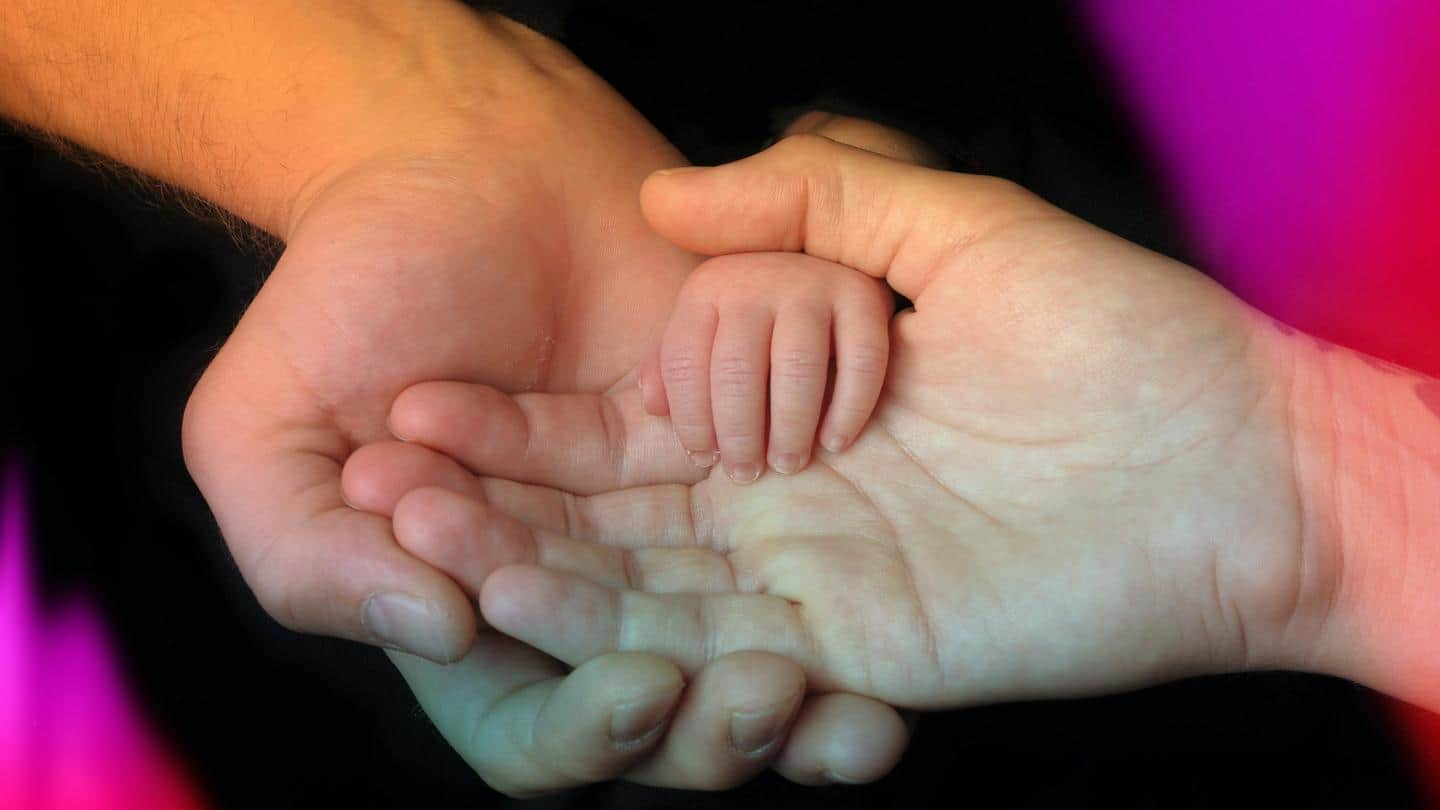
Co-sleeping - Is it good or bad for babies?
What's the story
Recently, the American Academy of Pediatrics (AAP) in their first update on safe sleep guidelines for babies since 2016, said that co-sleeping under any circumstances is not safe for infants. While it is not uncommon in India for parents and babies to share the same bed, often with the infant in between the parents; it is considered potentially dangerous by pediatricians.
Context
Why does this story matter?
According to the American Academy of Paediatrics, co-sleeping with infants (< one year) should be avoided to avert accidental strangulation or injury to the baby. Amongst toddlers, there are some benefits such as strengthening of familial bonds and reduction of stress. However, for parents, it can mean a lack of personal time and poor quality sleep. Children should be gradually encouraged to sleep separately.
Bed-sharing
What is co-sleeping?
Co-sleeping is a practice in which babies and little children sleep with one or both parents, in the same bed as opposed to in a different room. Co-sleepers sleep close to one another, where they can sense the presence of each other. AAP suggests babies to sleep in the same room with their parents for the first six months, but on a separate surface.
Common causes
Reasons for bed-sharing
Dr. Rebecca Carlin co-authored the guidelines and the technical report from the AAP Task Force on Sudden Infant Death Syndrome. She said in a statement, "We know that many parents choose to share a bed with a child, for instance, perhaps to help with breastfeeding or because of a cultural preference or a belief that it is safe."
Wide practice
Cultural context
In India, it is not uncommon to see babies and small children share a room with their parents. While many believe it to be safer for the children that way, others are compelled to stay together due to lack of enough space. The concept of joint families, quite relevant in our country, leaves several people in one house/ apartment to share rooms.
The good bits
Pros of co-sleeping
Mothers instinctively need to be close to their babies. Furthermore, skin-to-skin contact with the mother makes the baby feel safe and strengthens the emotional bond between them. In many cultures all over the world, children have been sharing a bed with their parents for centuries. It is also a convenient option for breastfeeding mothers, considering nighttime feedings can hamper one's sleep.
The risk factors
Cons of co-sleeping with babies
Co-sleeping raises the risk of a baby's injury or death. The risk of Sudden Infant Death Syndrome (SIDS) is low if a baby sleeps in the same room as their parents. However, the risk increases if the baby sleeps in the same bed with parents, siblings, or even pets. Always sleeping next to parents can also cause the child to develop a sleep crutch.